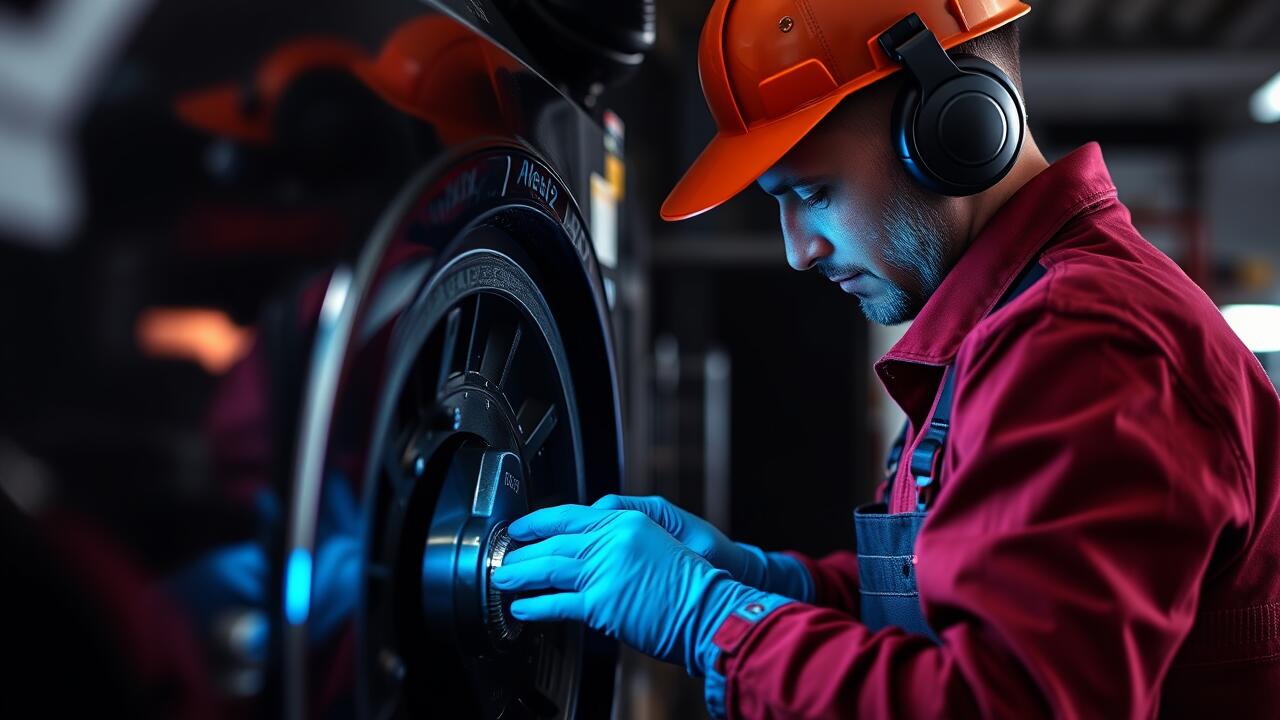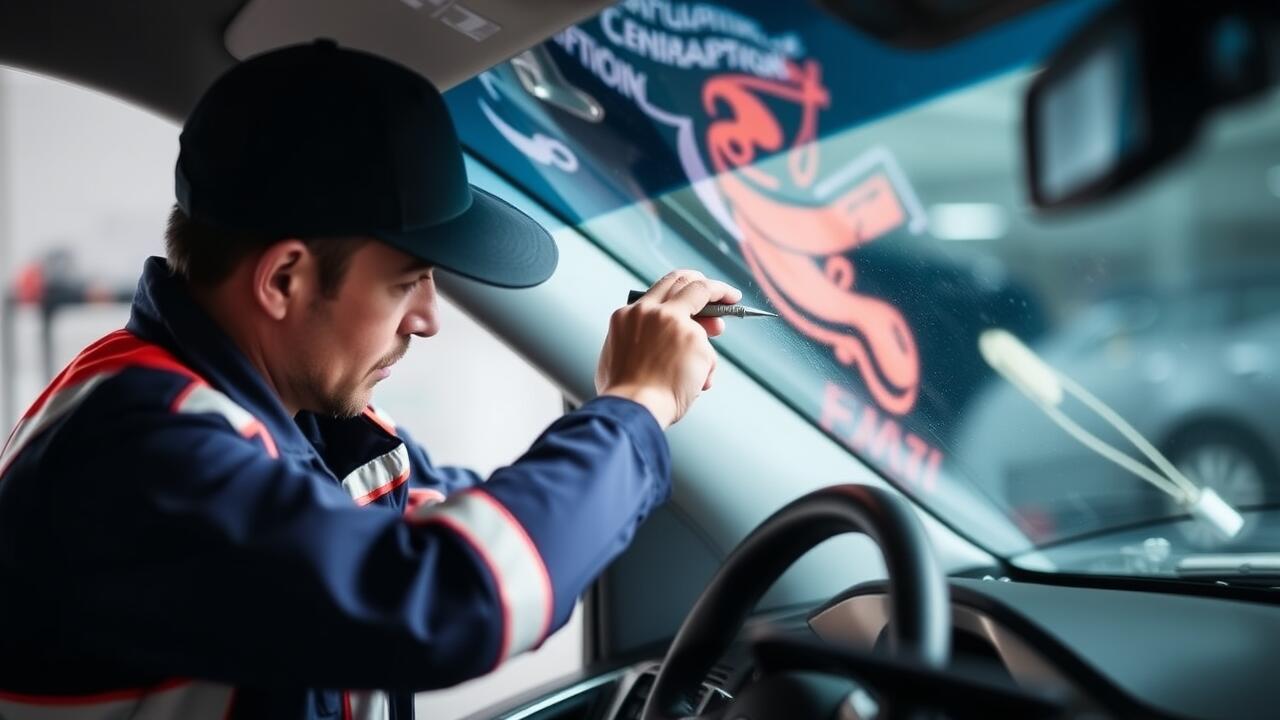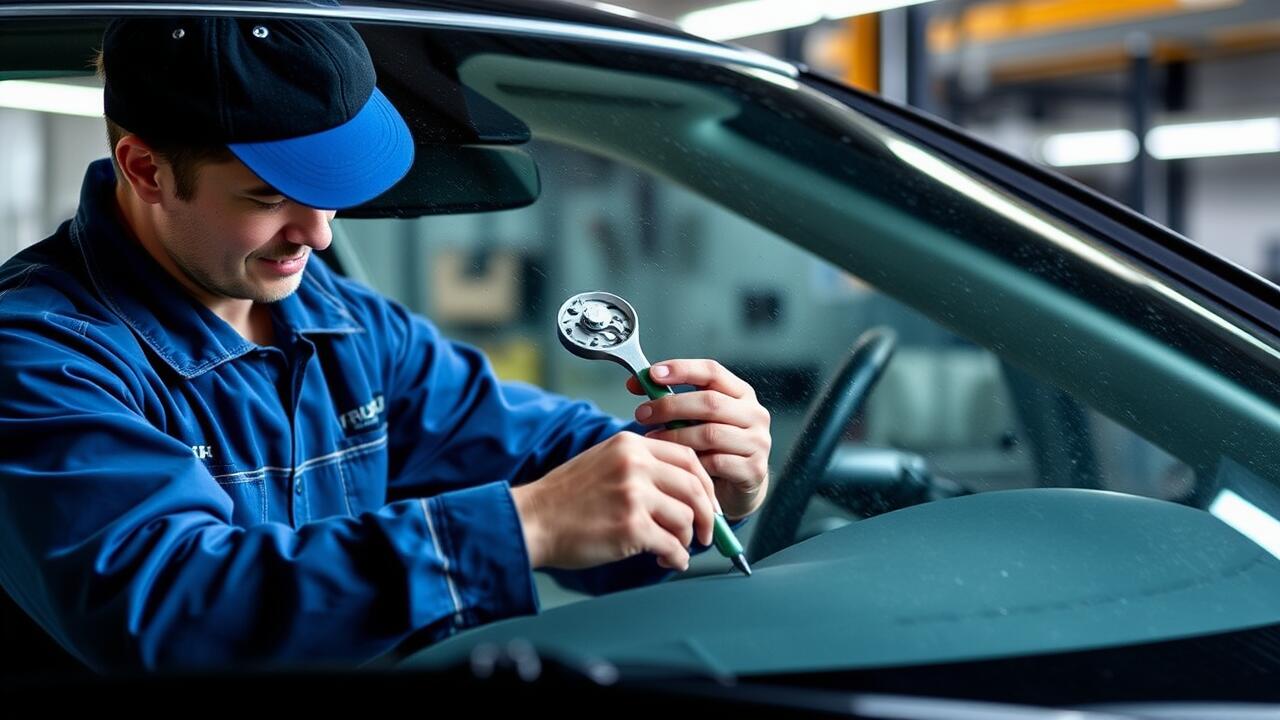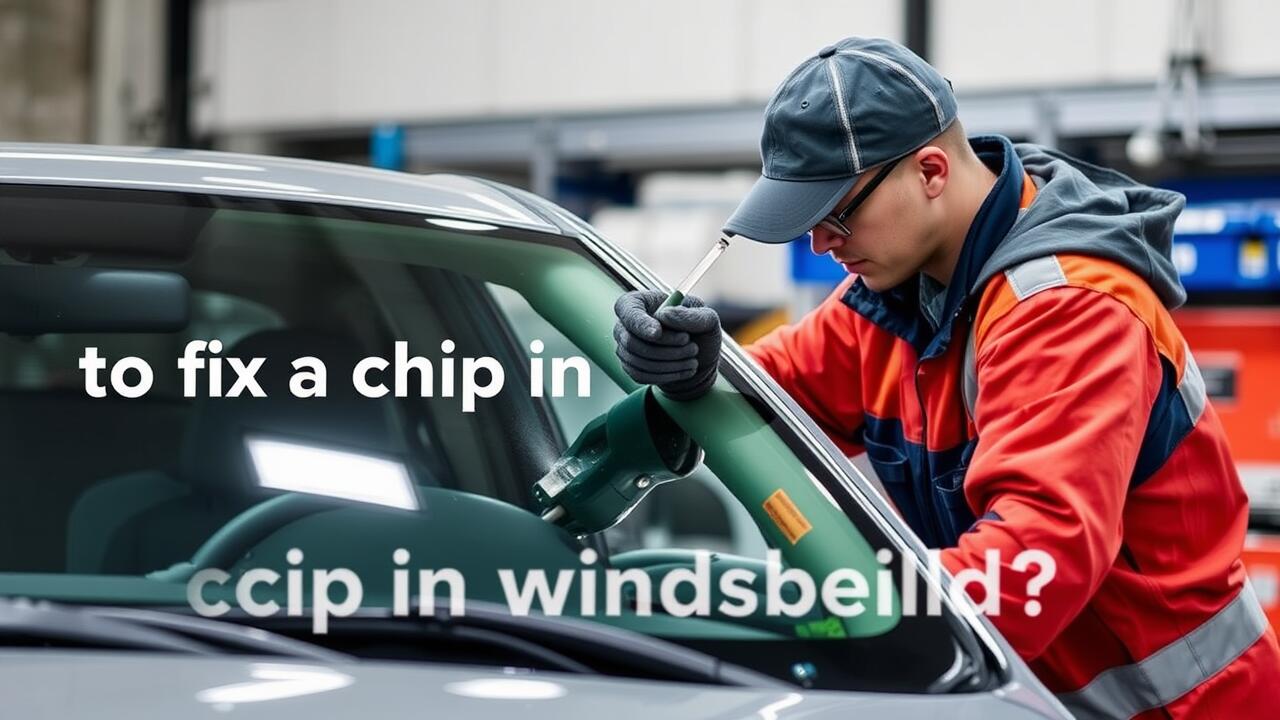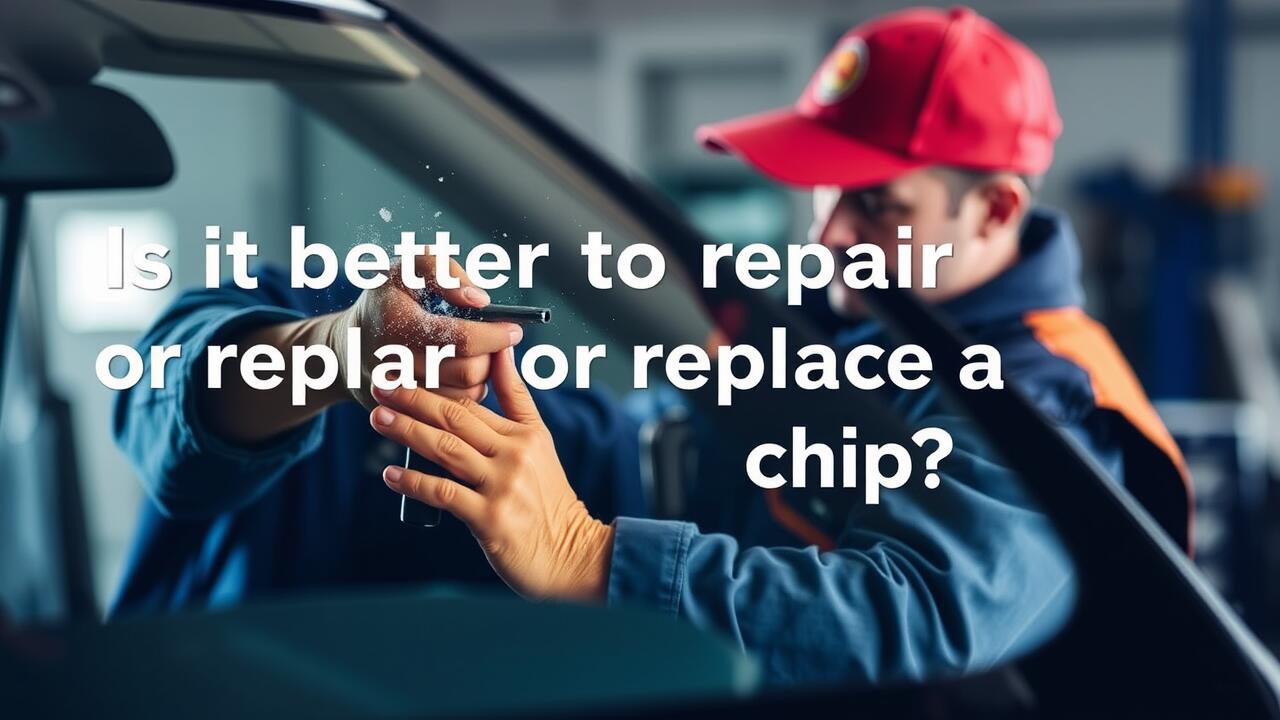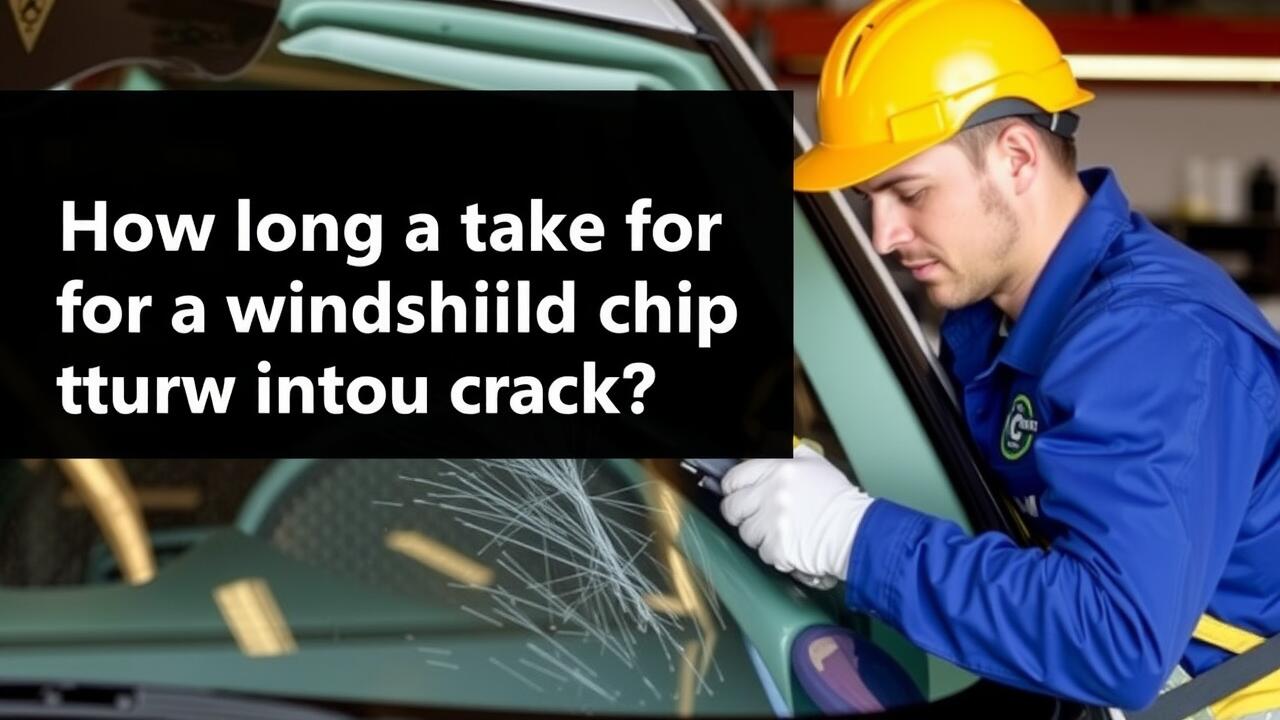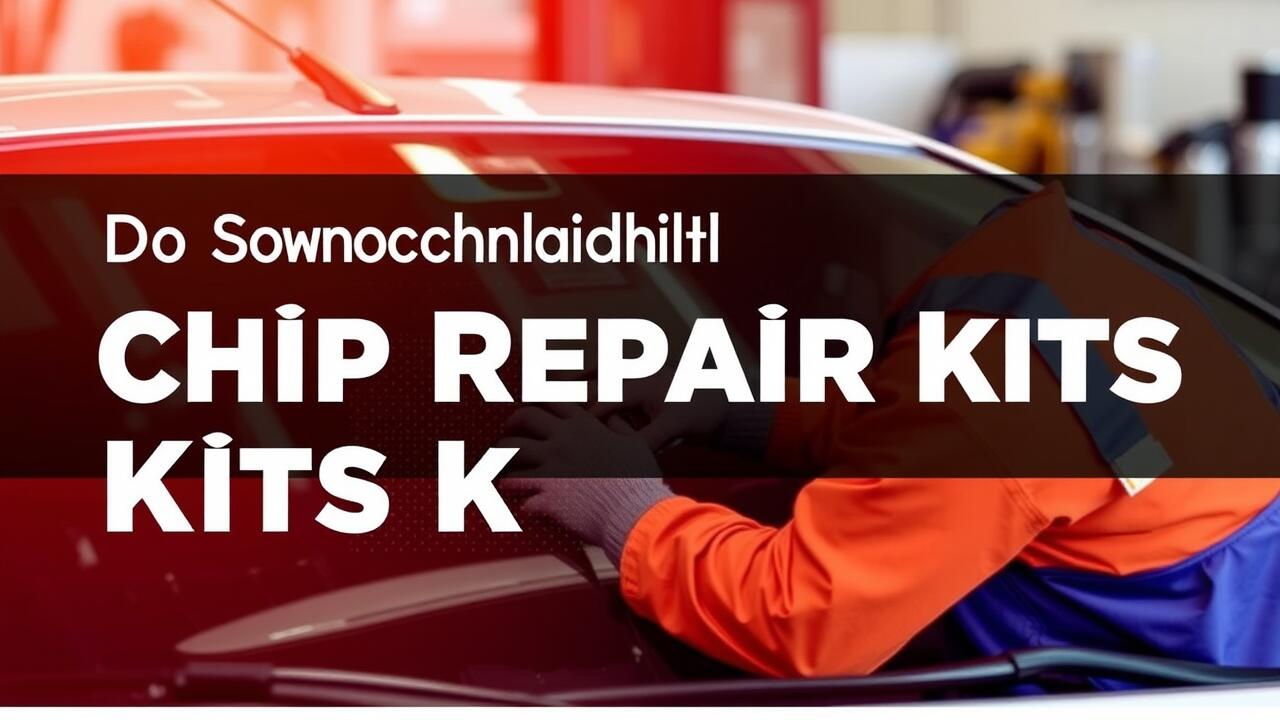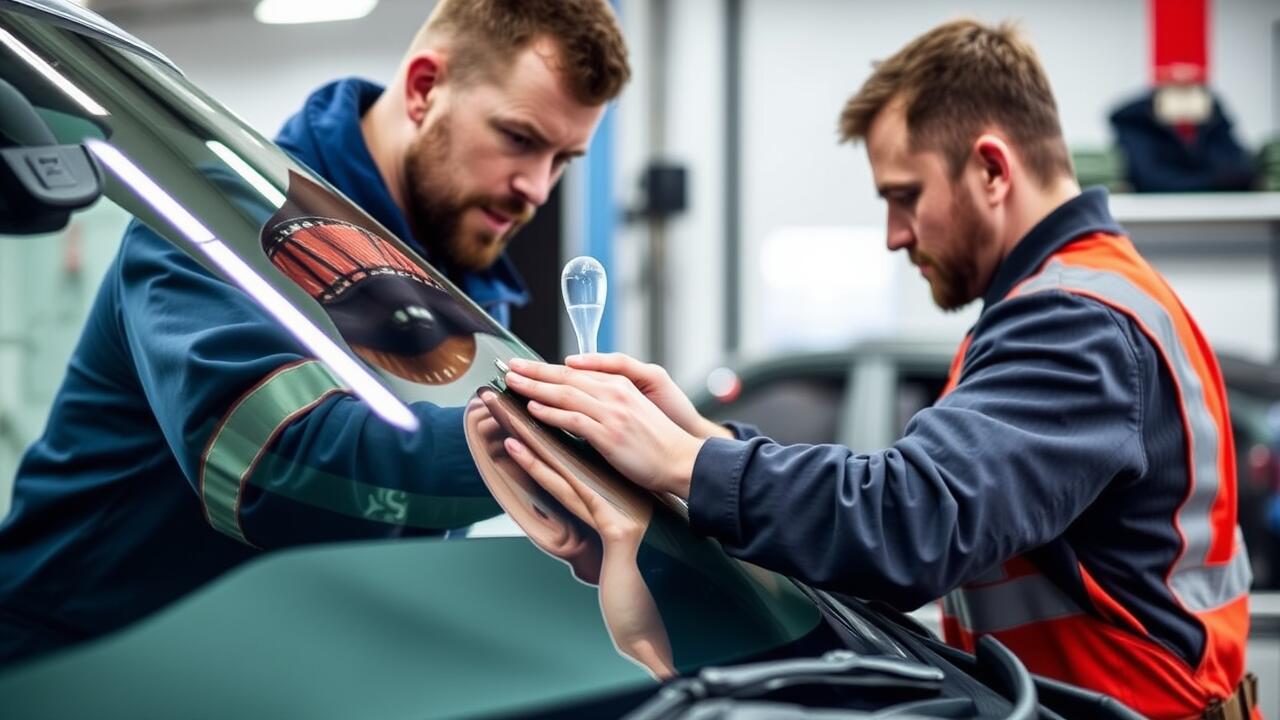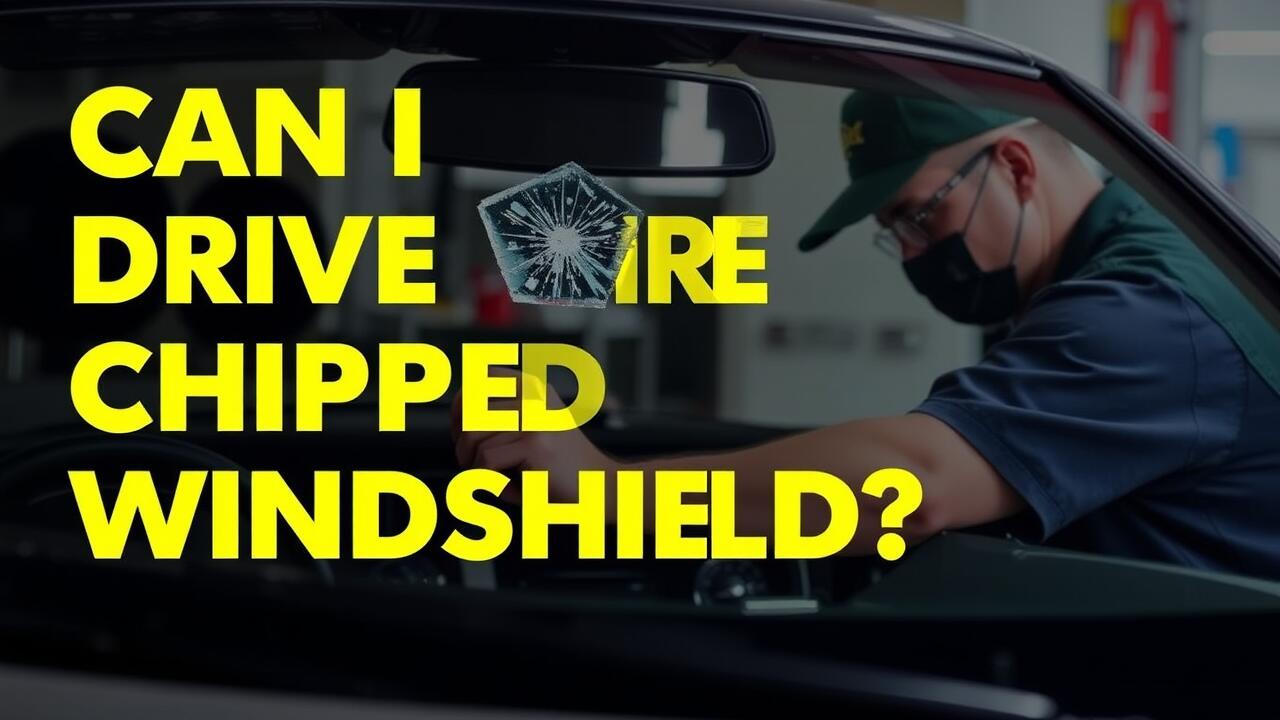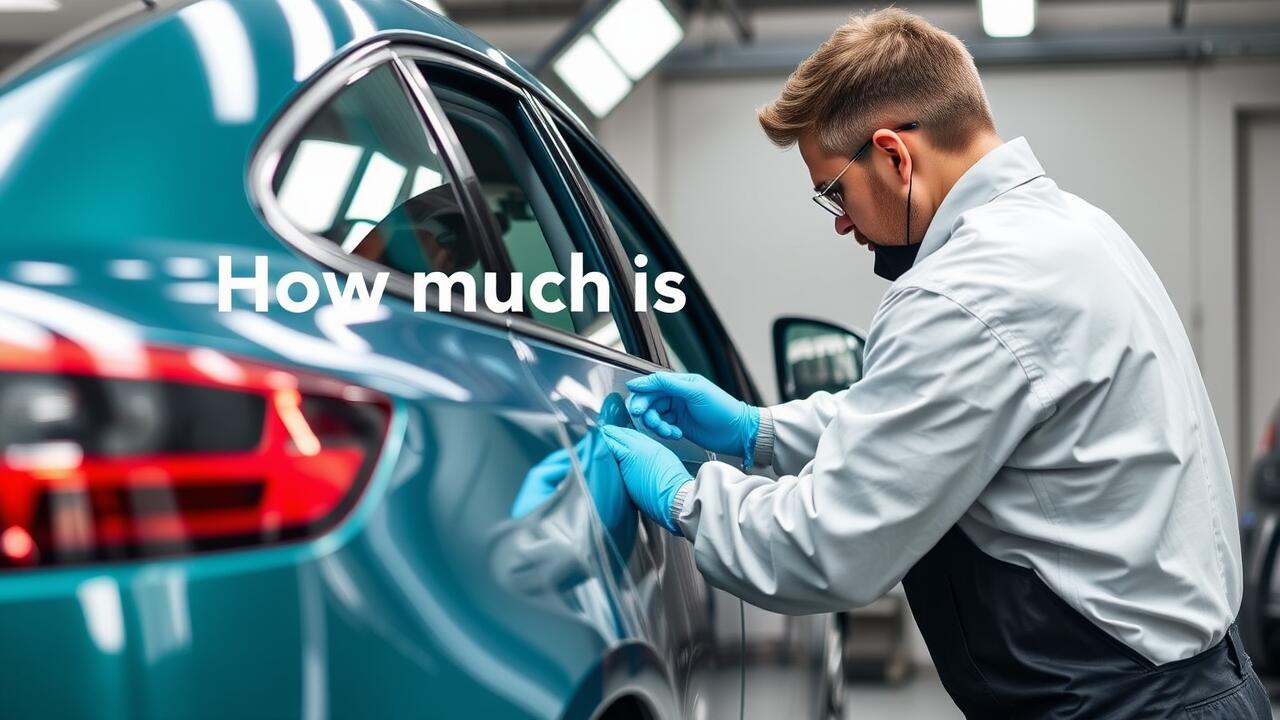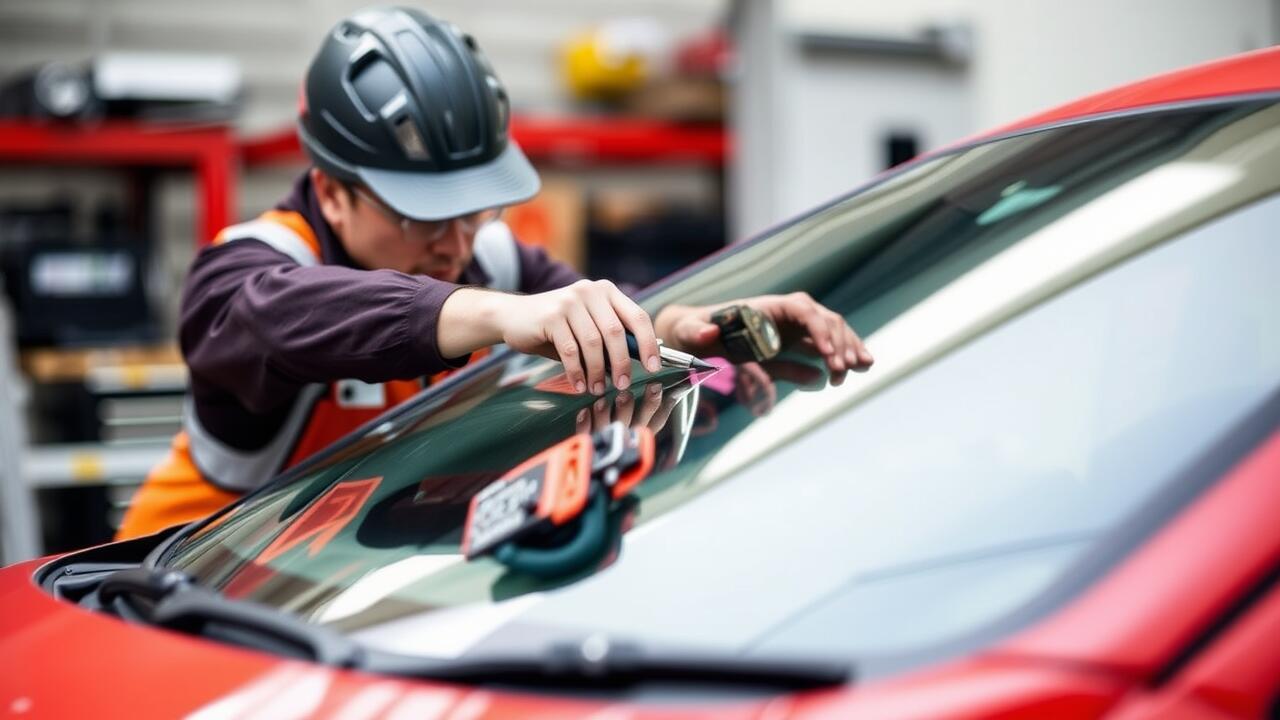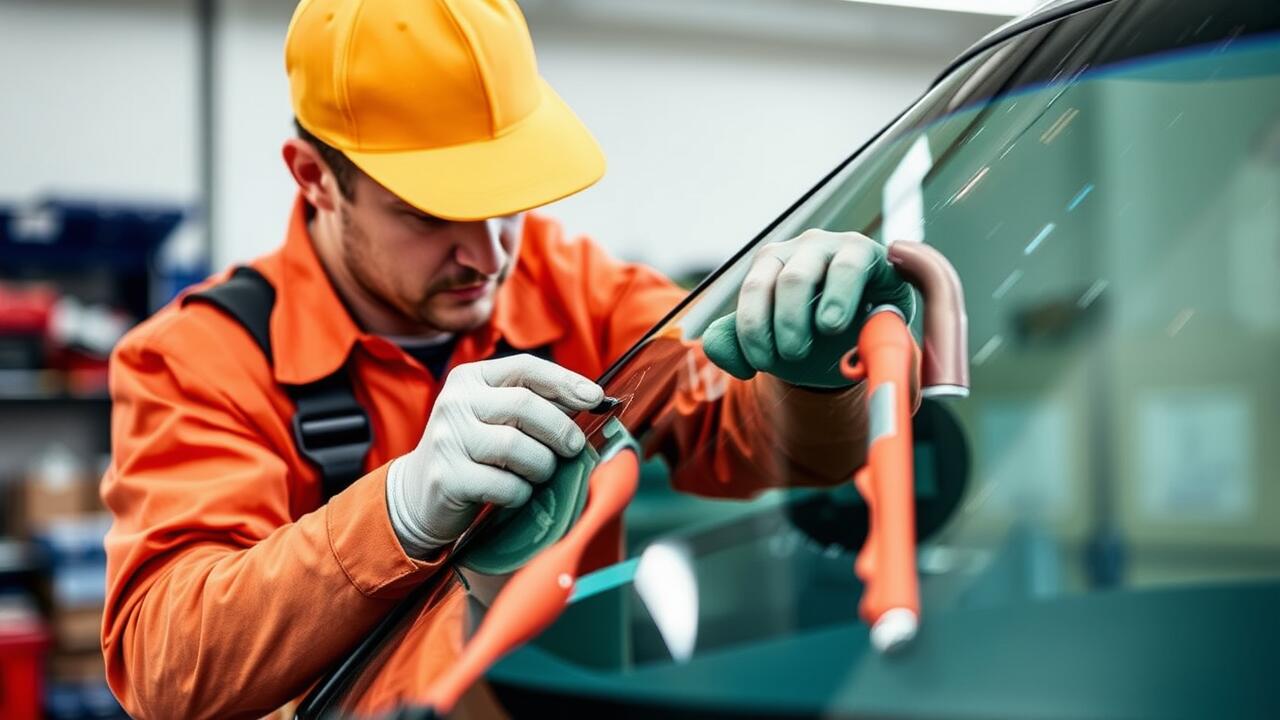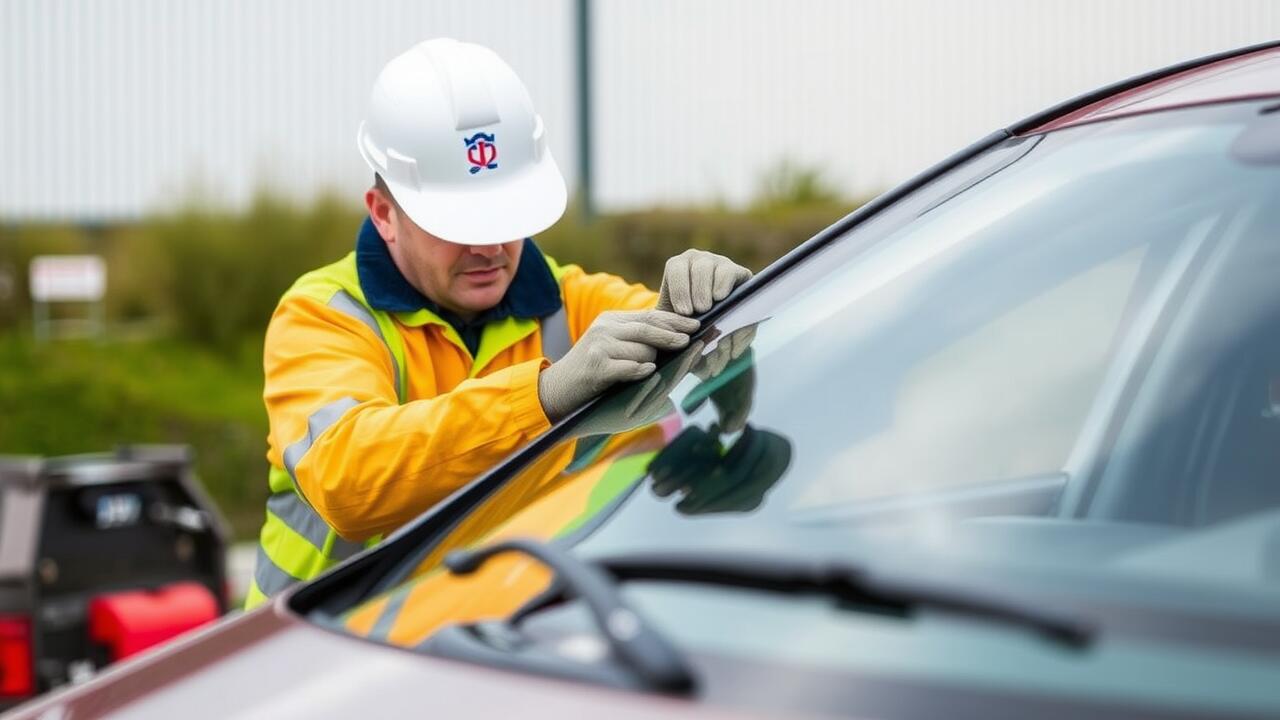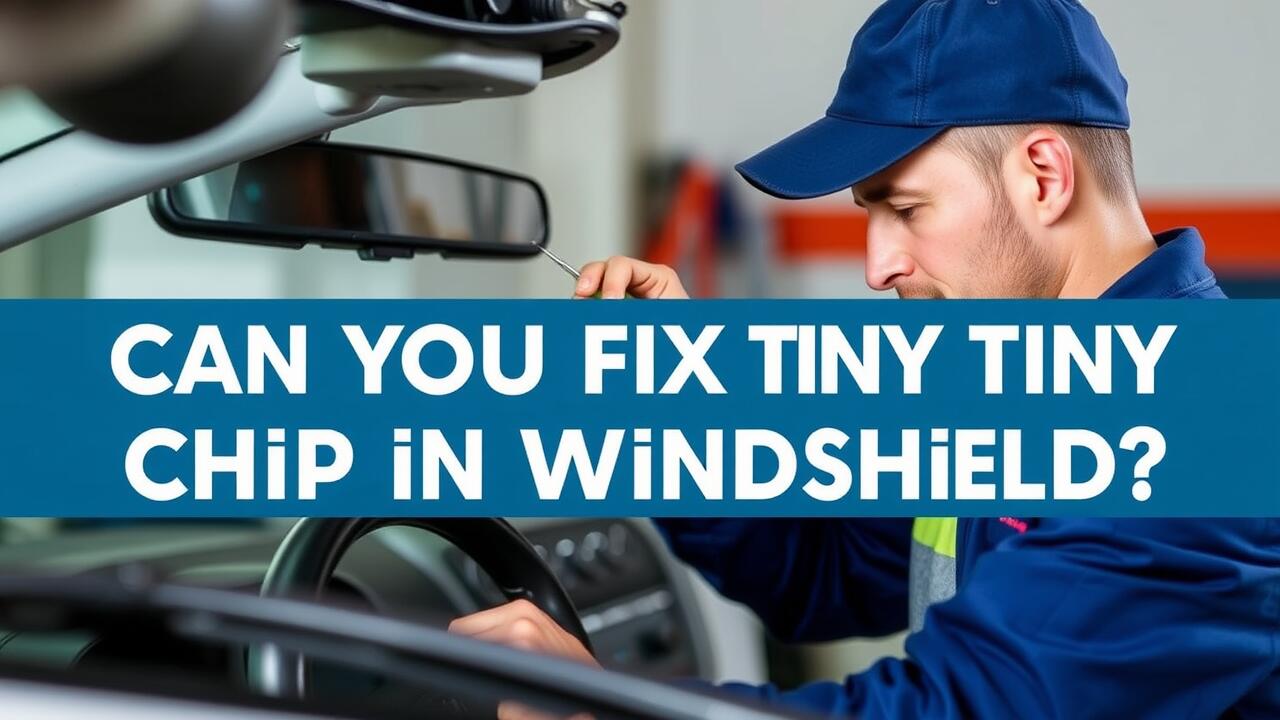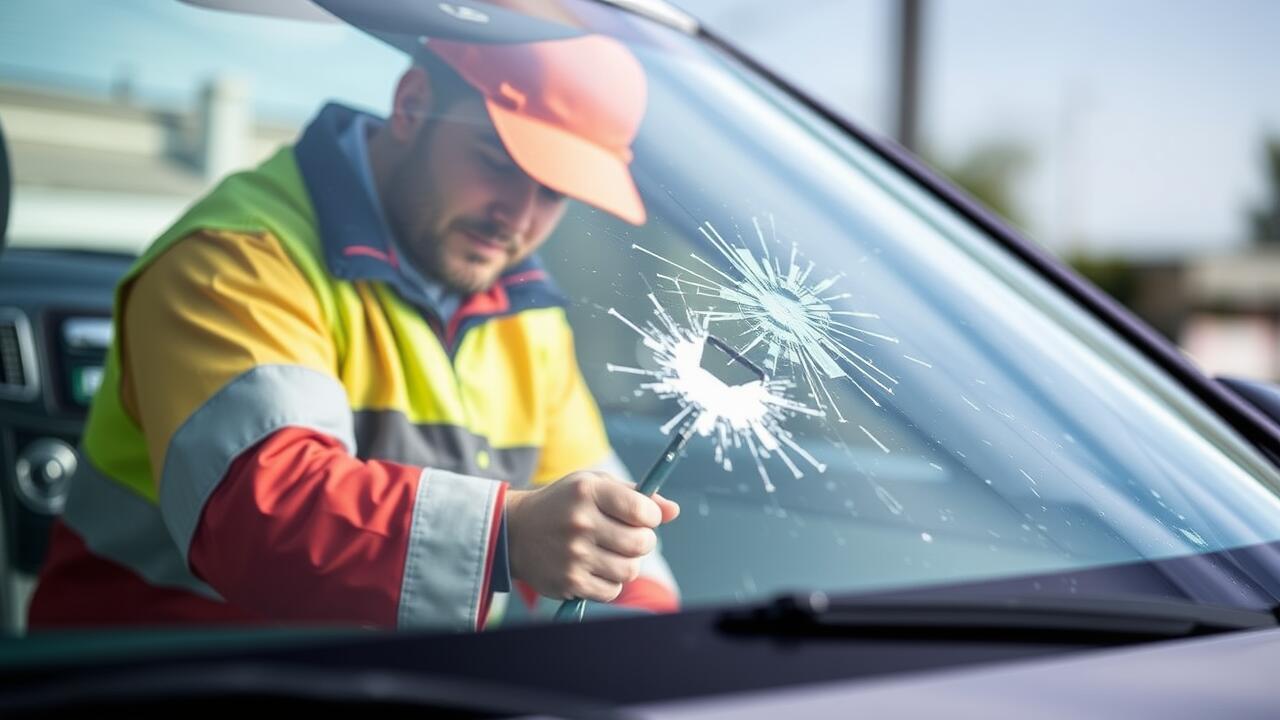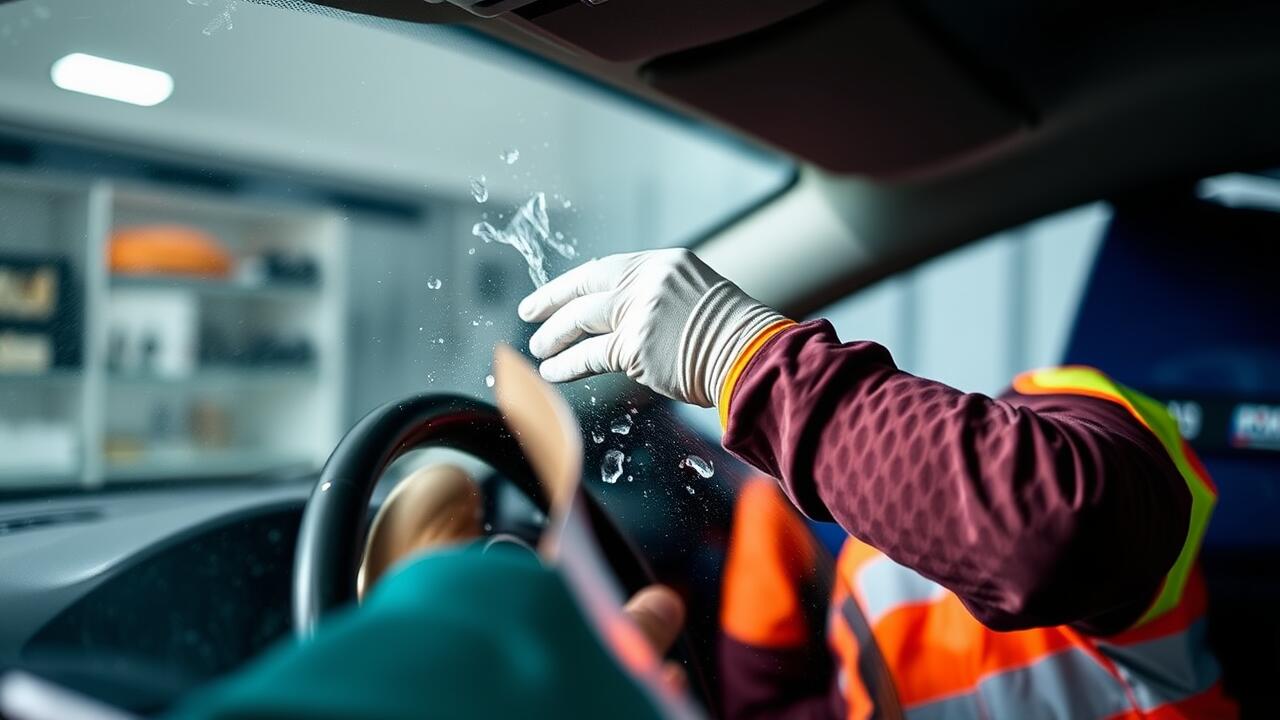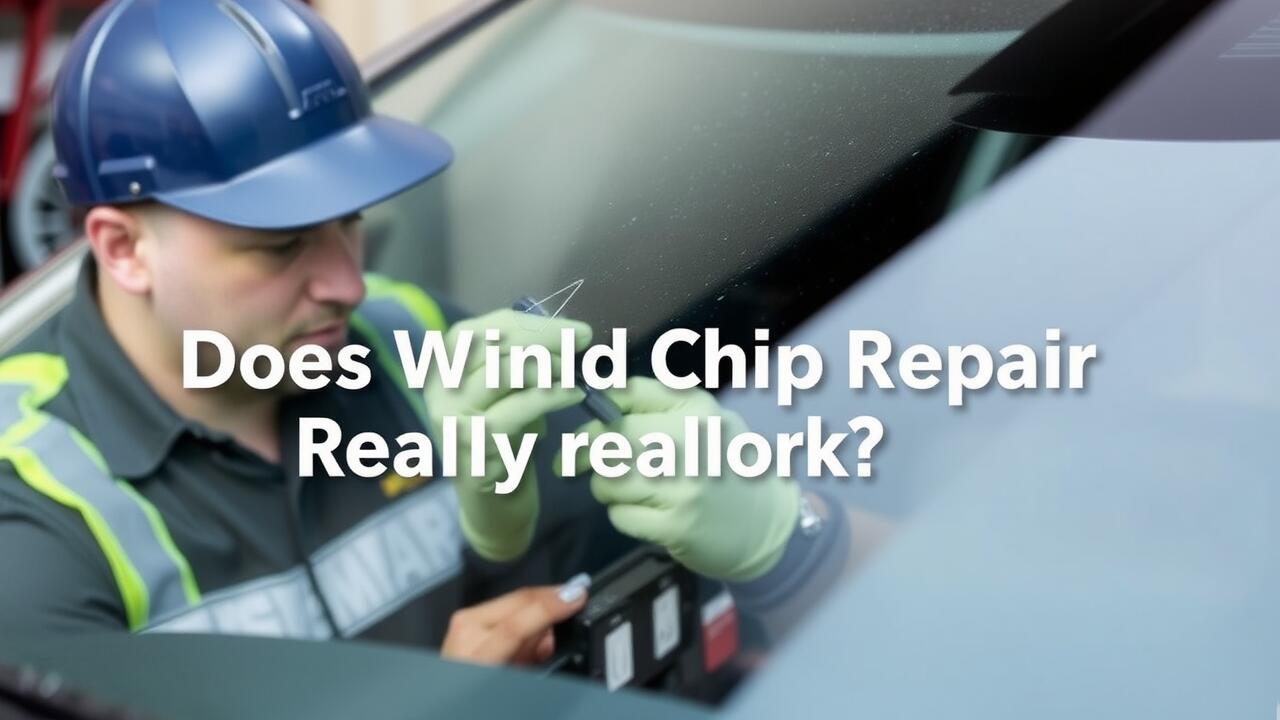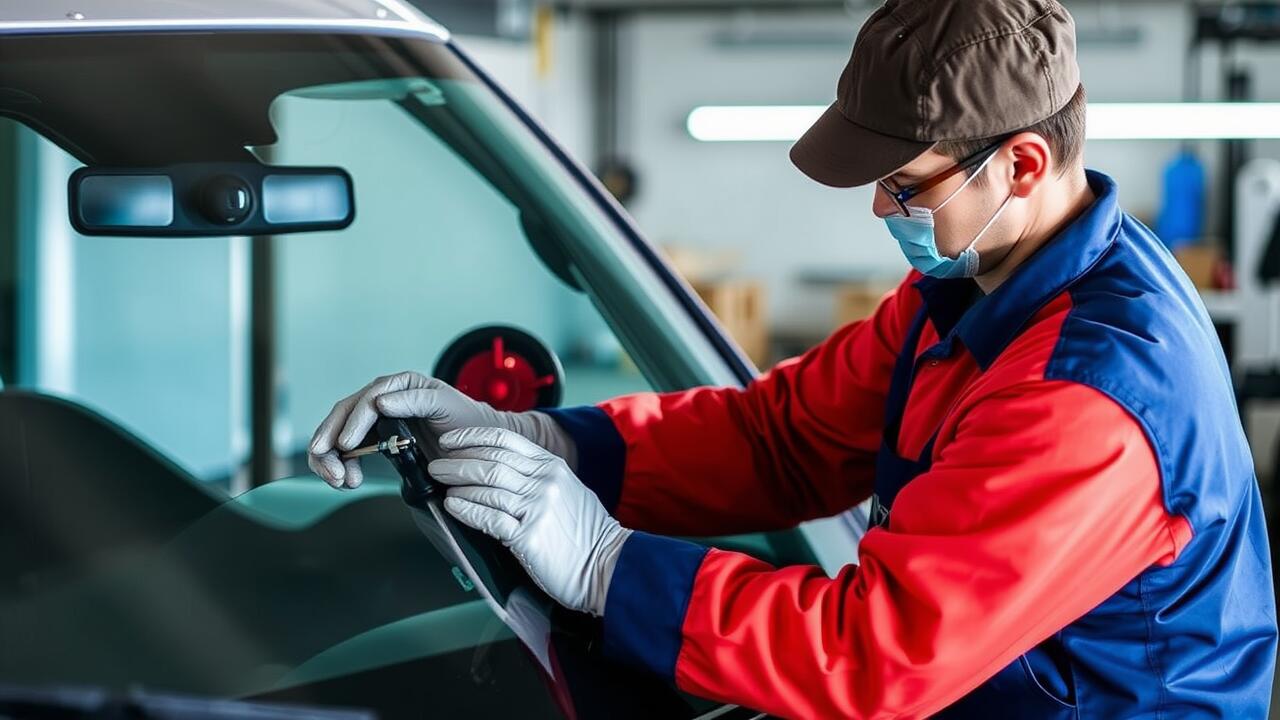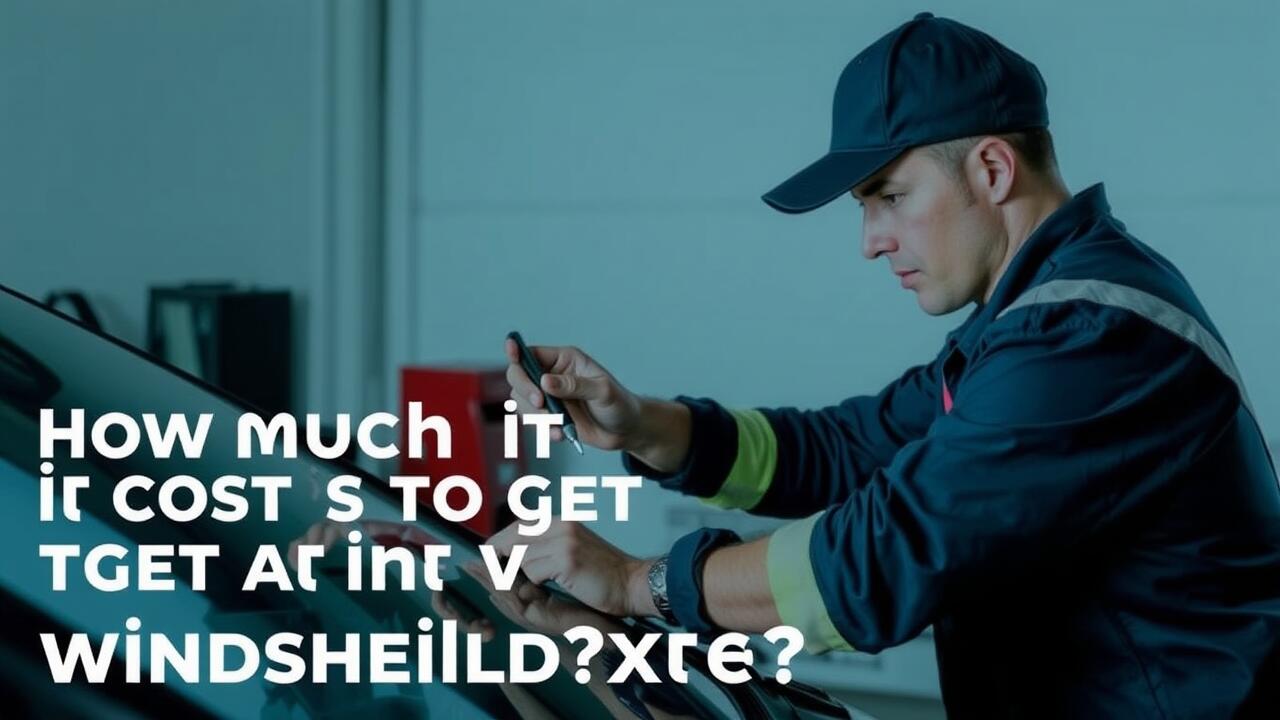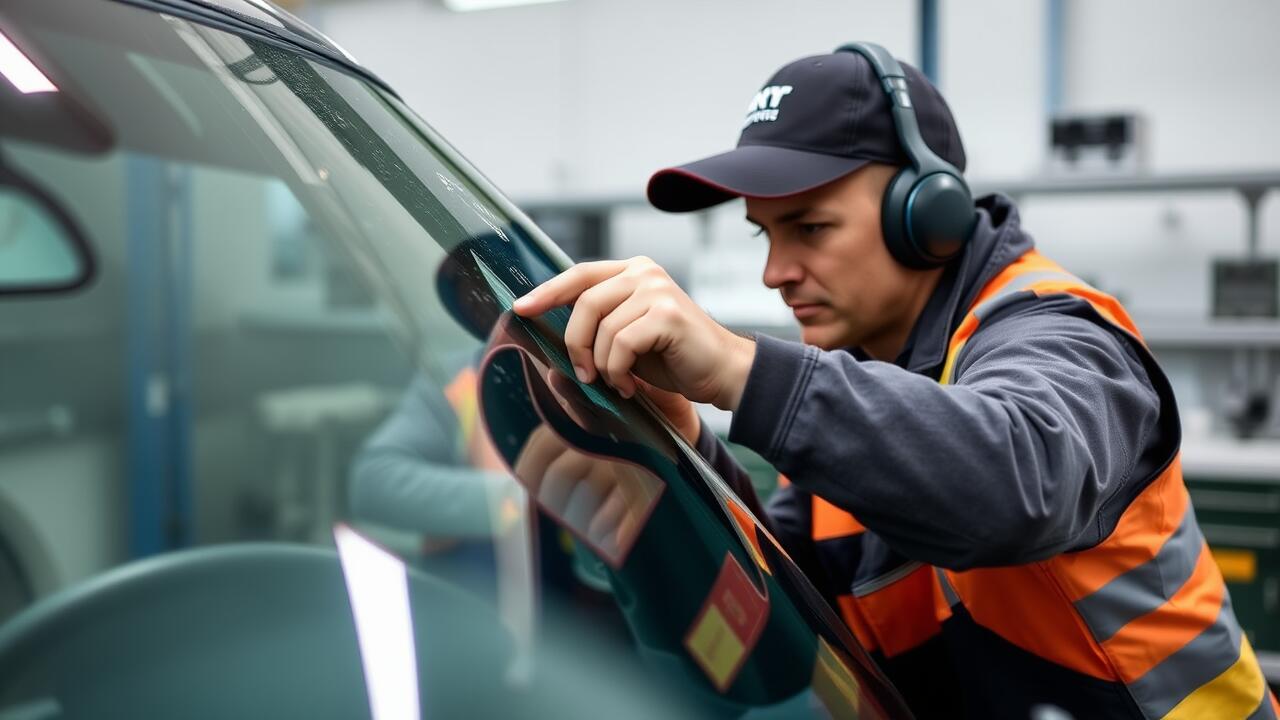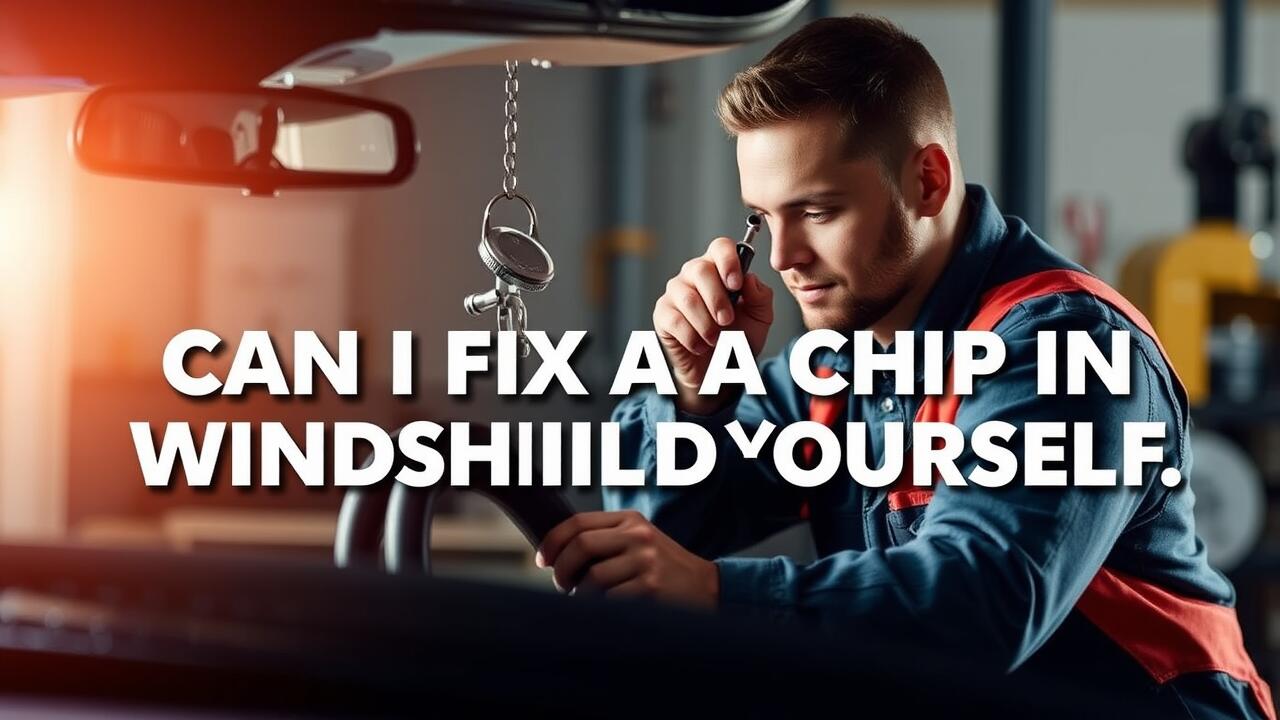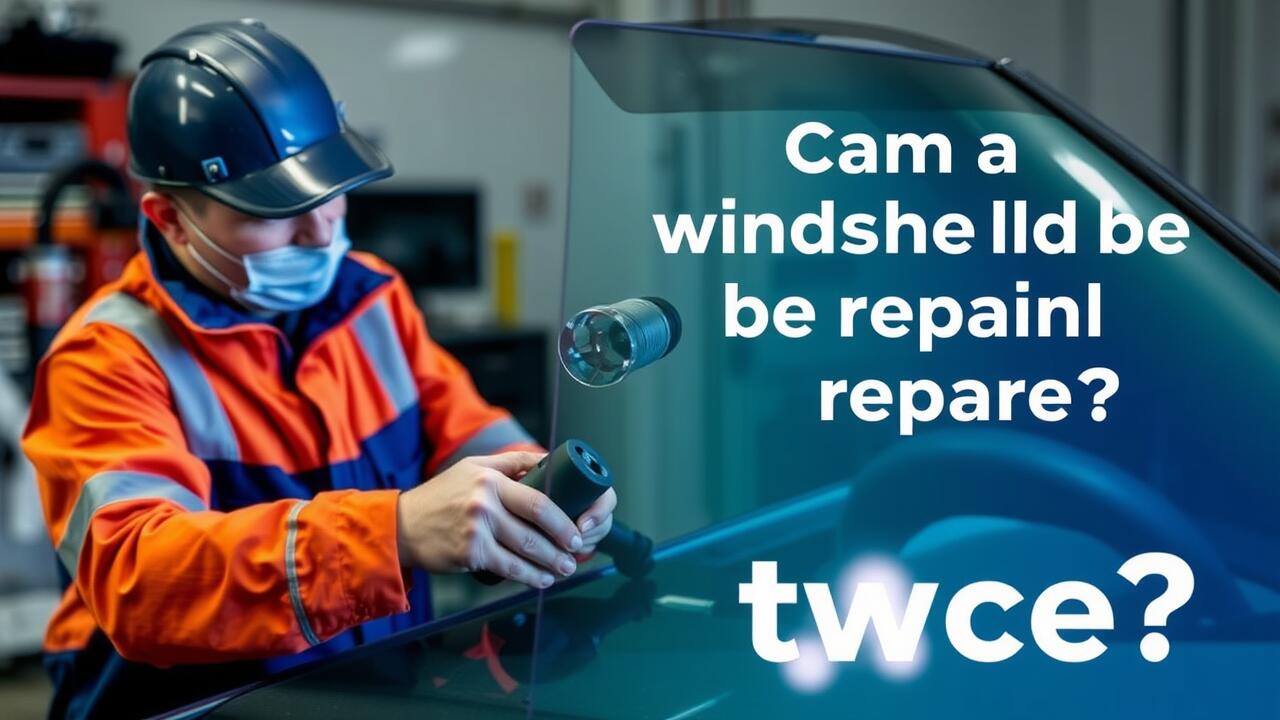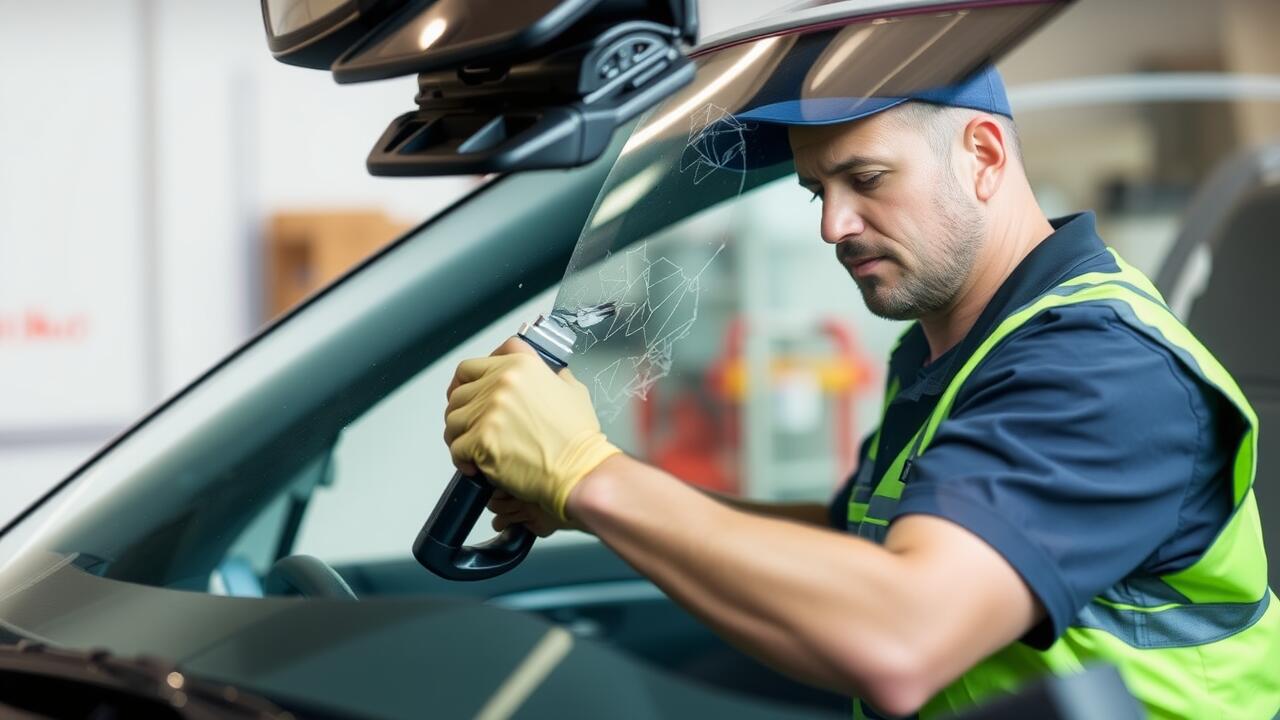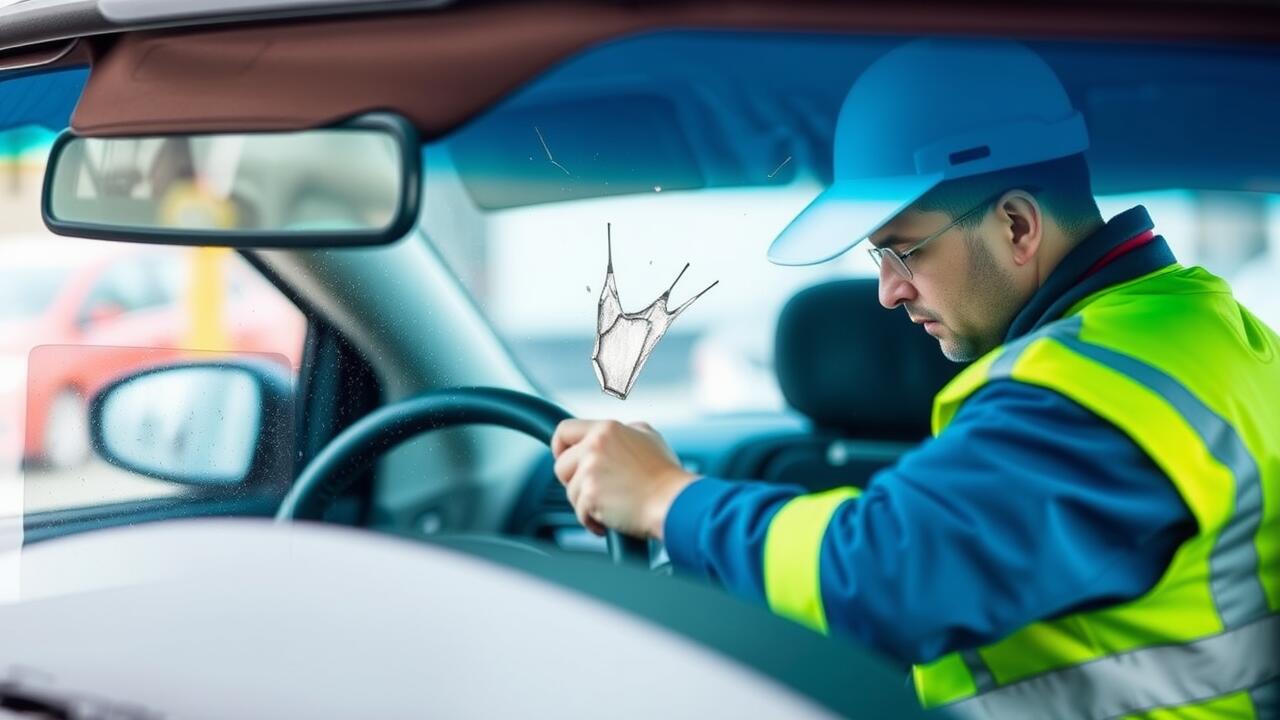
Table Of Contents
Long-term Consequences of Ignoring a Chip
Neglecting a chip in your windscreen can lead to several long-term issues that compromise both safety and visibility. As time goes on, small chips can expand due to temperature fluctuations or everyday driving conditions. This expansion might result in a large crack that requires a full windscreen replacement. The eventual need for more extensive repairs often costs much more than a simple chip repair would have.
Additionally, driving with a damaged windscreen can hinder your ability to see clearly, which increases the risk of accidents. A compromised windscreen may not provide adequate protection in the event of a collision, putting occupants in the vehicle at greater risk. Regular chip repair is essential not only for maintaining the integrity of the windscreen but also for ensuring overall driving safety.
Structural Integrity of the Windscreen
A windscreen plays a critical role in the overall structural integrity of a vehicle. It not only provides protection from debris and the elements but also helps support the car's frame. A chip in the windscreen can compromise this strength, leading to potential safety hazards during a collision or even in routine driving conditions. Manufacturers design windscreens to bear significant stress, but even small flaws can affect their performance under pressure. Chip repair can be essential to maintaining the windscreen's integrity, ensuring it fulfills its protective functions.
If left unaddressed, a chip may expand over time due to temperature fluctuations or vibrations from the road. This exacerbation can lead to larger cracks, further compromising the windscreen's strength. Repairing a chip promptly can mitigate these risks and prolong the lifespan of the windscreen. Addressing minor damage through chip repair allows for maintaining optimal visibility and enhances the overall safety of the vehicle. Taking immediate action can save drivers from more extensive damage and the associated costs of windscreen replacement.
Insurance Coverage for Windscreen Damage
Windscreen damage can be a source of stress for car owners, particularly when it comes to understanding insurance coverage. Many policies include provisions for chip repair, which can alleviate some of the financial burden associated with fixing windscreen issues. It's essential to review your policy details, as coverage may vary by insurance provider and the specifics in your plan. Some insurers might even cover the cost of repairs without affecting your deductible, making it a cost-effective choice for minor damage.
Knowing what your insurance covers is crucial in managing windscreen damage. In most cases, policies that provide comprehensive coverage will address chips and cracks, but there can be conditions. For significant damage that requires replacement, policyholders should inquire about any limits on coverage amounts and possible out-of-pocket costs. Understanding these nuances helps ensure you get the support you need when addressing windscreen chips effectively.
What Your Policy Typically Covers
Auto insurance policies can vary significantly regarding coverage for windscreen damage. In many cases, comprehensive insurance may cover the costs associated with chip repairs, allowing drivers to have the damage fixed without incurring out-of-pocket expenses. Additionally, some policies may waive the deductible for chip repair, making it more accessible for drivers to maintain their windshields without financial strain.
It's important for policyholders to review their specific insurance agreements to understand the terms of coverage. While some policies might cover full windscreen replacements, others may only offer assistance for minor repairs like chip repair. Being informed about the details of your coverage can help prevent unexpected costs and ensure your vehicle remains safe and roadworthy.
How to Prevent Windscreen Chips
To prevent windscreen chips, regular maintenance of your vehicle is essential. Keeping a safe distance from the car in front minimizes the risk of debris hitting your windscreen. Additionally, parking in protected areas away from trees or construction sites reduces the likelihood of chips caused by falling branches or flying stones.
Investing in protective films can also enhance your windscreen's durability. These films create a barrier that absorbs impacts from small stones and road debris. If a chip does occur, prompt attention to chip repair is crucial. Addressing chips early can often save the entire windscreen from needing replacement.
Best Practices for Windshield Care
Regular maintenance of your windshield is crucial for its longevity. Keeping the glass clean helps prevent the buildup of dirt that can make chips harder to see. Use a quality glass cleaner and a soft cloth to clean the windshield regularly. This simple practice enhances visibility and helps identify any new chips early on.
In addition to regular cleaning, evaluating your windshield for chips or cracks is vital. If you spot any damage, address it promptly through professional Chip Repair services. Ignoring these issues can lead to larger problems, including compromised safety and extensive repair costs. Taking proactive steps can help ensure your windshield remains in excellent condition for a longer time.
FAQS
Is it safe to drive with a chipped windscreen?
Driving with a chipped windscreen can be unsafe as it may obstruct your view and compromise the structural integrity of the vehicle. It's advisable to get it repaired as soon as possible.
How long can I drive with a chipped windscreen?
While you may be able to drive with a chipped windscreen for a short period, it is best to have it repaired immediately. Ignoring it for too long can lead to larger cracks and more significant safety risks.
Will my insurance cover the repair of a chipped windscreen?
Many insurance policies do cover windscreen repairs, but coverage can vary. It's important to check your specific policy to understand what is included.
What should I do if my windscreen chip spreads while driving?
If you notice that a chip has spread into a crack while driving, it’s best to pull over safely and assess the situation. If it's severe, avoid driving until it can be repaired.
How can I prevent chips on my windscreen?
To prevent windscreen chips, maintain a safe distance from vehicles on the road, avoid driving on poorly maintained roads, and consider using a windscreen protector when parked.
